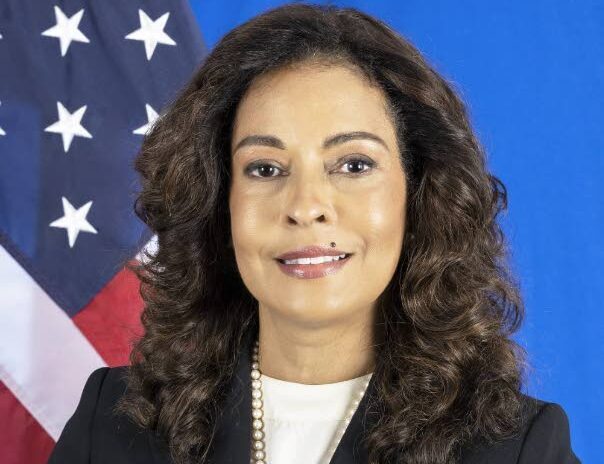US donates US$20,000 kits to help fight dengue

The US Agency for International Development (USAID) has donated US$20,000 worth of arbovirus test kits to the Caribbean Public Health Agency (Carpha).
These kits will help Carpha combat the increasing number of dengue cases and can also detect the Zika and Chikungunya viruses.
US ambassador Candace Bond said the kits will help protect the health and safety of Caribbean residents.
"This donation is a testament to the US' ongoing collaboration with regional public health stakeholders. As dengue cases increase across the region, it is crucial to adopt personal protective measures and invest in health promotion and disease prevention activities to protect vulnerable populations from contracting the disease."
In a statement issued on August 8, Bond stressed community engagement is vital for enhancing the effectiveness of vector-control efforts, which she said can help reduce mosquito populations that transmit these diseases.
She said by eliminating breeding sites, participating in clean-up initiatives and spreading awareness about prevention methods, communities can significantly contribute to controlling the spread of dengue and protecting public health.
"This is especially important for the most vulnerable populations, including the young, elderly, pregnant women and the immunocompromised."
On August 2 the Ministry of Health said there had been 635 laboratory-confirmed cases and five laboratory-confirmed deaths.
The ministry reminded the public that dengue fever may be spread by the bite of an infected
Aedes aegypti mosquito.
It said dengue symptoms can appear within five to six days of being bitten, and last for one-two weeks. They can include: fever, headaches (sometimes severe), pain behind eyes, muscle and joint pains, skin rash, nausea/vomiting and diarrhoea.

Comments
"US donates US$20,000 kits to help fight dengue"